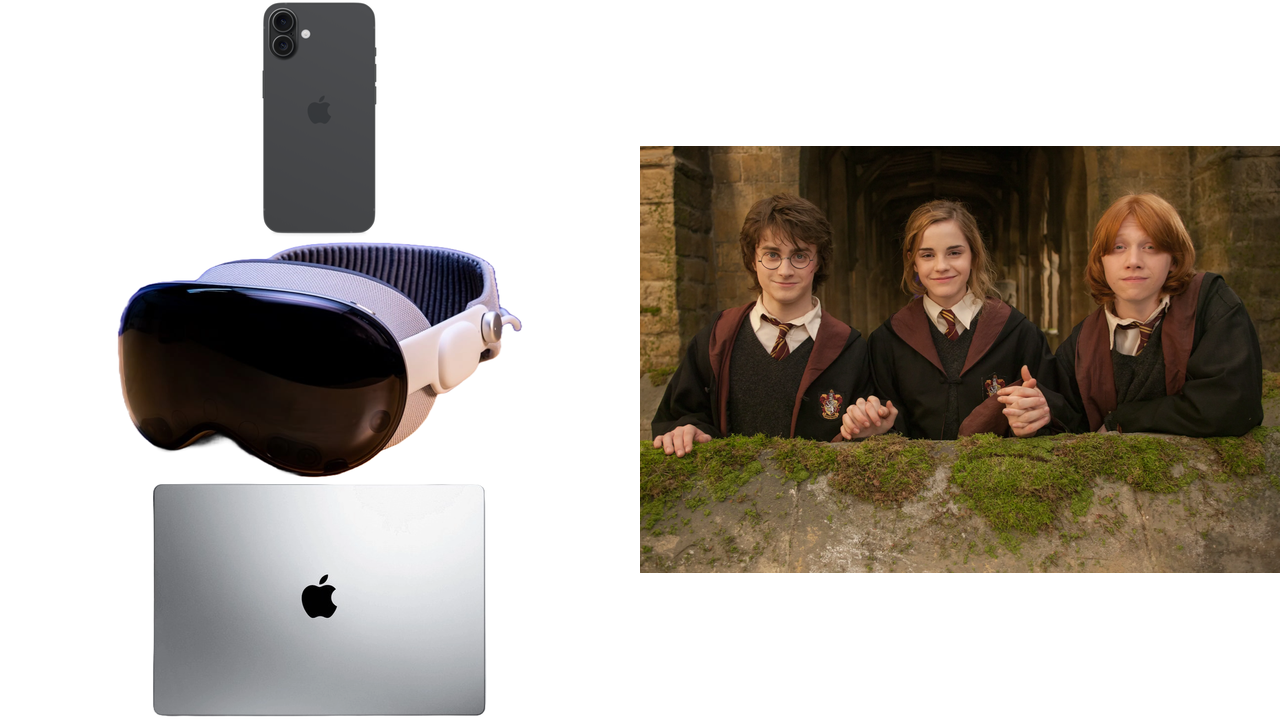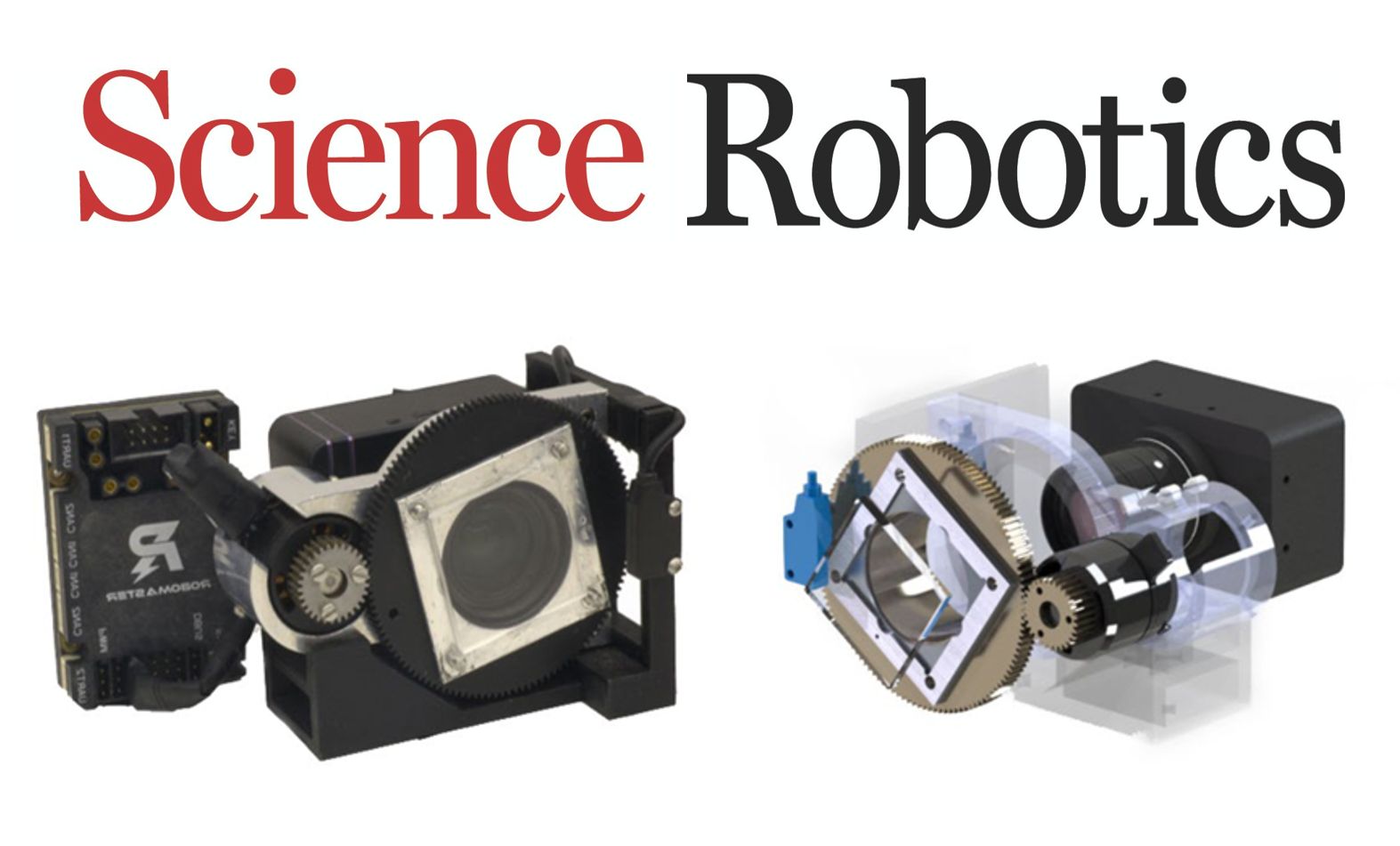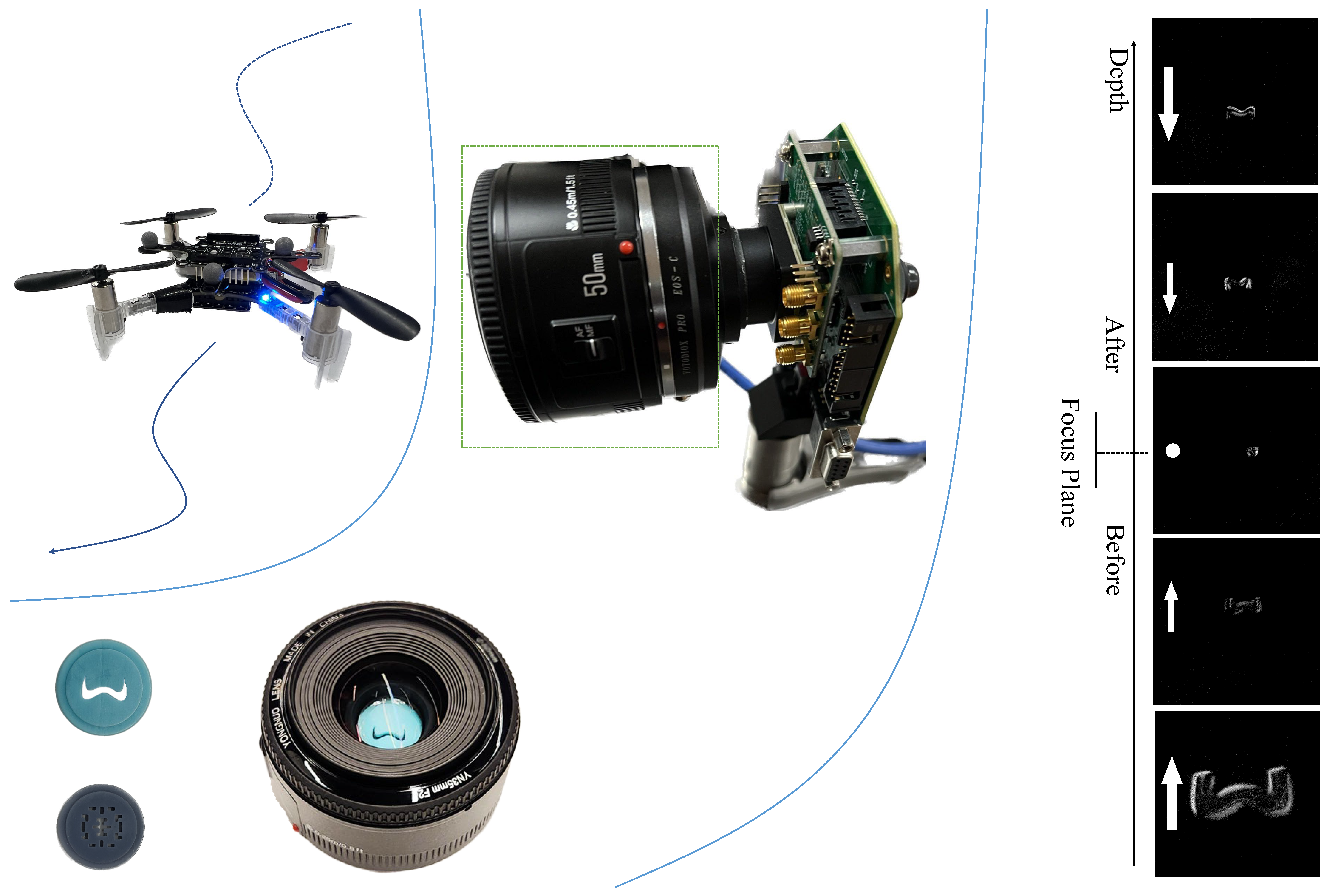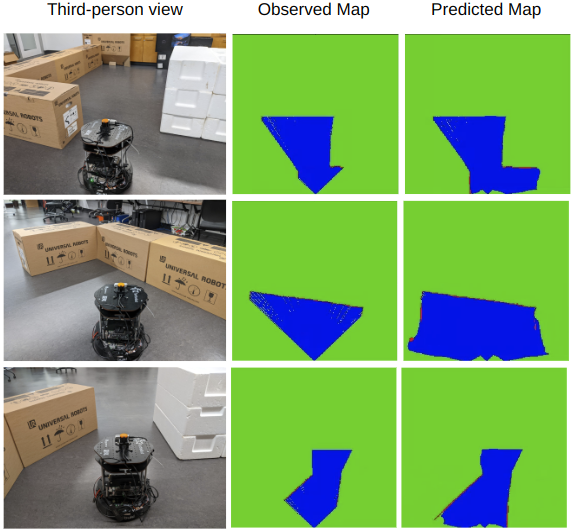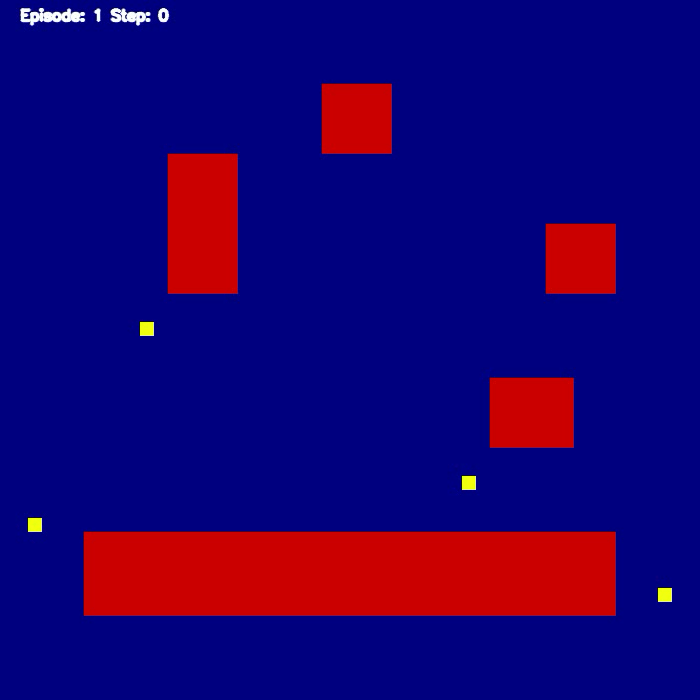First Frame Is the Place to Go for Video Content Customization
In this work, we uncover a new perspective on video generation: the first frame acts as a conceptual memory buffer. Leveraging this insight, we achieve robust and generalized video content customization with just 20–50 training examples.

